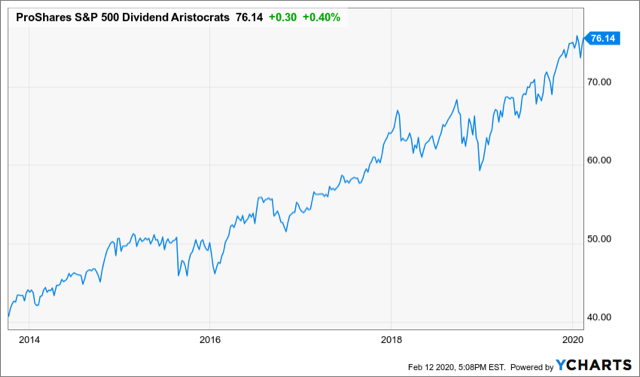Thematic Signals Vol. 7, #1
Hello and welcome to the 7th volume of Thematic Signals!
2023 has only just started but investors are staring down what is likely to be a challenging December quarter earnings season laced with recession fears, structural changes in the economy, across demographics, technology, and consumer behavior all continue to unfold. While some folks continue to think about the world about us as well as investing in terms of sectors, our view remains that this approach is an outdated strategy.
That means, yes, we continue to see flaws with sector-based investing so much so that, yes, we continue to see it as a dead strategy. Part of that is the shoe-horning of companies into categories that don’t necessarily reflect what is really driving their businesses or to use investor lingo, their “alpha.” Another is that when we see the world through our thematic lens, the world around us continues to generate data points and other points of affirmation for our thematic strategies. While the near-term may be volatile for stocks, following those thematic signposts offers a favorable longer-term outlook.





